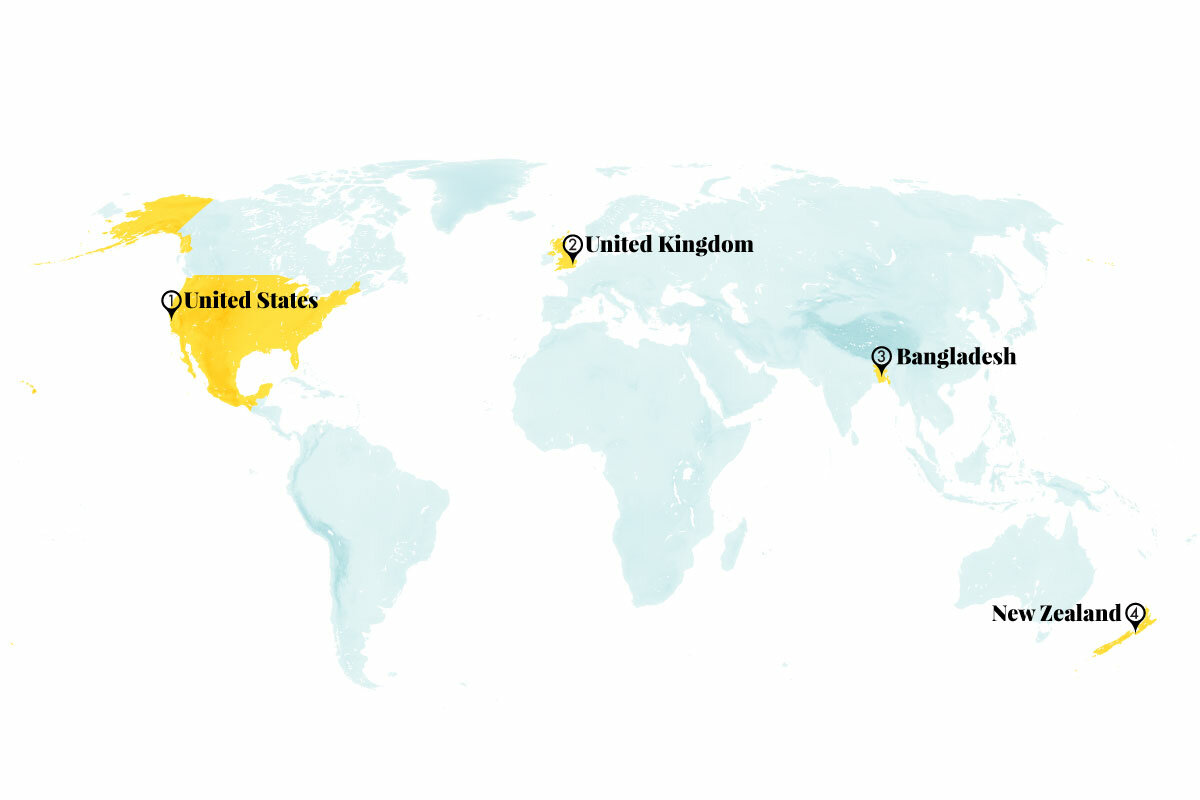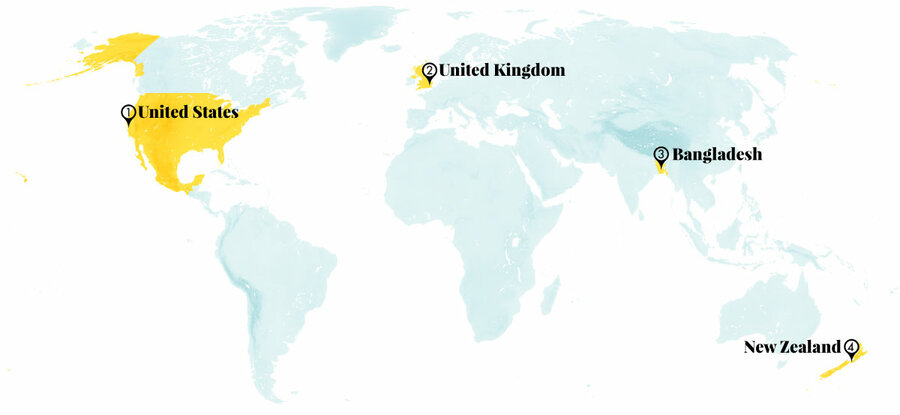Monitor Daily Podcast
- Follow us:
- Apple Podcasts
- Spotify
- RSS Feed
- Download
 Stephen Humphries
Stephen Humphries
In 2015, Trevor Noah weathered a cancel-culture storm.
In March of that year, Comedy Central announced Mr. Noah would succeed Jon Stewart as the host of “The Daily Show.” Twitter archaeologists immediately unearthed ancient tweets of his distasteful jokes about the Holocaust, Israel, and fat women. Despite the ensuing furor, Comedy Central stood firm. Mr. Noah said that his old jokes were not a true reflection of his character, nor his evolution as a comedian.
Mr. Noah grew as an empathetic comedian during his seven-year tenure at “The Daily Show,” which ended last night. His good-natured sense of humor – which often featured uncanny impersonations of public figures – was rarely mean-spirited. He recently told an interviewer, “What I’m trying to do in life is try and connect with my humanity.”
Mr. Noah quit his TV gig to focus on his stand-up career, including a sold-out 2023 tour. But in 2015 he wasn’t well known. Back then, famous comedians had already turned down “The Daily Show.” The South African joked, “Once more, a job that Americans rejected is now being done by an immigrant.”
Mr. Noah’s outsider perspective was a boon to his political comedy. Having grown up under apartheid, the biracial comedian often highlighted racism in America. Following George Floyd’s death under the knee of a policeman, he offered this perspective on the protests and riots that followed: If law enforcement expects citizens to follow the laws, then they themselves have to first lead by example by adhering to those laws.
Last night, Mr. Noah reflected on what he’d learned from hosting “The Daily Show.” He noted that context matters when it comes to making sense of news. He encouraged viewers not to become overly fixated on someone’s political persuasion. Indeed, he warned against getting sucked into viewing everything through the binary of two political parties.
“There are not just two ways to solve any problem,” Mr. Noah said. “There are not just two ways to be.”











